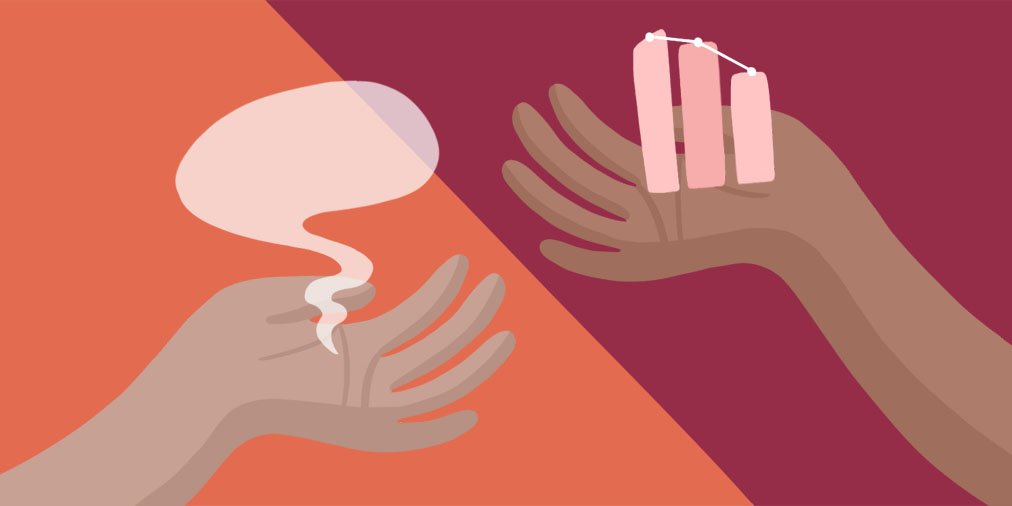What is UX Research?
User Experience (UX) research is the process of discovering the behaviors, motivations, pain points, and needs of your customers by using different observation techniques and feedback methodologies. It helps you to create an optimal product for your customers. The goal is to provide product teams with context and perspectives that they can use to make informed decisions and build user-centered products.
Through UX research, you'll have the data to back your strategy and design decisions, discover new opportunities and directly impact critical business metrics such as revenue, retentions or NPS.

Qualitative vs Quantitative Research
Qualitative research understands, investigates and discovers but on the other side, quantitative research controls, tests, confirms and predicts. Goals of qualitative research is to find patterns, themes, trends, and initial models to understand a problem. Once this is defined, quantitative research often follows.
Generative vs Evaluative Research
Generative research defines the problem you like to create a solution for and is needed to discover opportunities. On the other hand, evaluative research helps quantify an existing design, whether it is in prototype, final product, or idea.
Why UX Research matters to you!
-
Crashtest your design in real life pre-launch
Doing research is the best way to trial your product and improve its user experience.
-
2. Avoid wasteful product development
To knock out under-performing ideas early and focus on solutions that bring real value to customers.
-
3. Educate your team on customers feedback
Share crucial knowledge with your team and connect an entire organization.
-
4. Be surprised by problems or opportunities you couldn't have imagined
I promise your customers will spot it!
-
5. Have data that backs up your decisions
No more gut feeling or guessing what customers would like will reduce your risk of failure.
-
6. Set yourself up for success
The reality is, unless we check our product's value before it launches, there's always the risk it will not be well-received.

ROI of Research
What return do you get from research?
Finding the right solution starts by finding the right problems to solve - and that can only be done through research.
The sooner we introduce user research into the process, the sooner we can identify problems, prioritize and start coming up with solutions to these problems. And yes, that means selling more, sooner. Teams will probably address the symptoms they will see when looking at numbers and charts. Chances are, these symptoms differ from the root causes of the problems the company is trying to solve. To measure the ROI of research, it’s necessary to identify metrics (KPIs) that are most impactful for your business.
Examples of Business KPIs
-
1) Example of metrics affecting revenue:
Acquisition, Activation, Retention, Referral, Churn, and Revenue.
-
2) Example of metrics affecting costs:
Minimizing design and development costs, easing the pressure on Customer Support, and relying less on Sales.
-
Examples of others:
Conversation rate (Research Question: Usability of check out process)
Click through rate (RQ: How successful are people in signing up)
Retention rate (RQ: Discover if product/ feature helps user achieve goal)
Customer Experience (NPS, CSAT, etc)
Positive impact on Product roadmap (discovery and resolution of bugs or discovery of new product opportunities)
Why invest in Research even during a recession?
Research helps you make better decisions that are data-informed to help you reduce your risk.
It’s beneficial to invest in research and digitalization during recessions because their opportunity cost is lower.
A recession usually brings lower sales and therefore less cash. Absorb losses by investing in new ideas.
Hiring a UX Research consultant keeps you flexible. Shorter hours and flexible work agreements are a great alternative to layoffs or hiring freezes.
Investing in Research can help cut costs.
Instead of only focusing on cutting costs - How much money might you be leaving on the table? Research can help you discover such opportunities.

How I work.
-

Full remotely
I work where I thrive. To remain creative, happy, and motivated, I designed a global lifestyle that's fully remote and close to nature. For the past 7 years, I've been working across timezones in synchronous and asynchronous ways.
-

Collaborate cross-functional
As a UX Researcher, I often take a very central role and unite different teams in an organization. I can absorb knowledge and share what I've learned with the user's needs at heart to various stakeholders.
-

Self-motivated
I love my job! For the past 10 years, I've been my own boss and designed a lifestyle that allows me freedom and to pursue what I love. I've learned to manage myself and enjoy autonomy.
-
Being organised
My way of working requires structure, discipline, and very good communication skills to deliver high-quality work and collaborate with a team spread around the globe.
-
Constantly educate myself
UX Research is still a relatively new discipline and ever-evolving, and I take great interest in growing and improving my skills, methods, and processes.
-
Led by passion
I genuinely care about helping people, working with like-minded makers, and using my skills for something purposeful.
My mission is to advocate for user needs and share insight with the rest of the team - to build satisfying products..
What's next?











